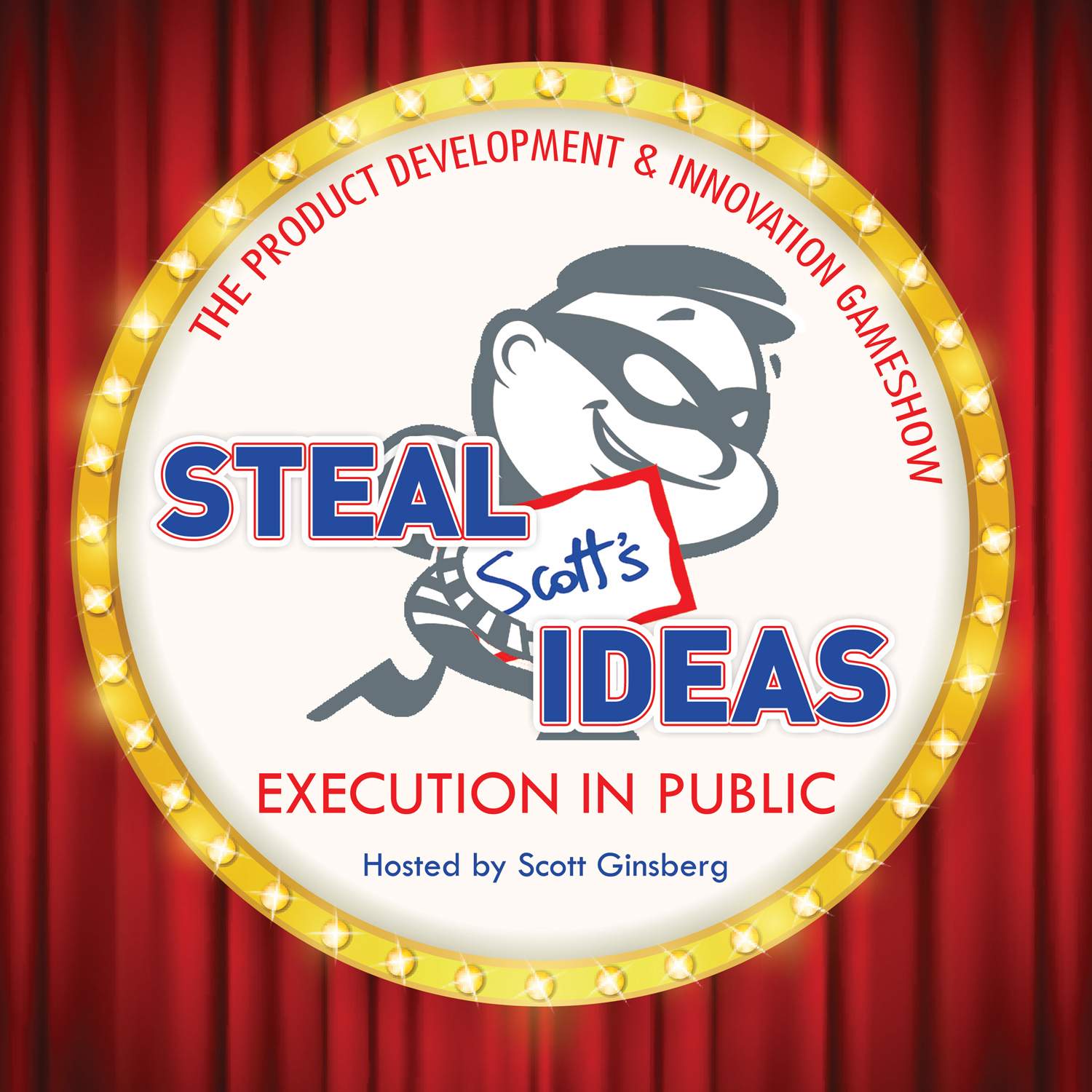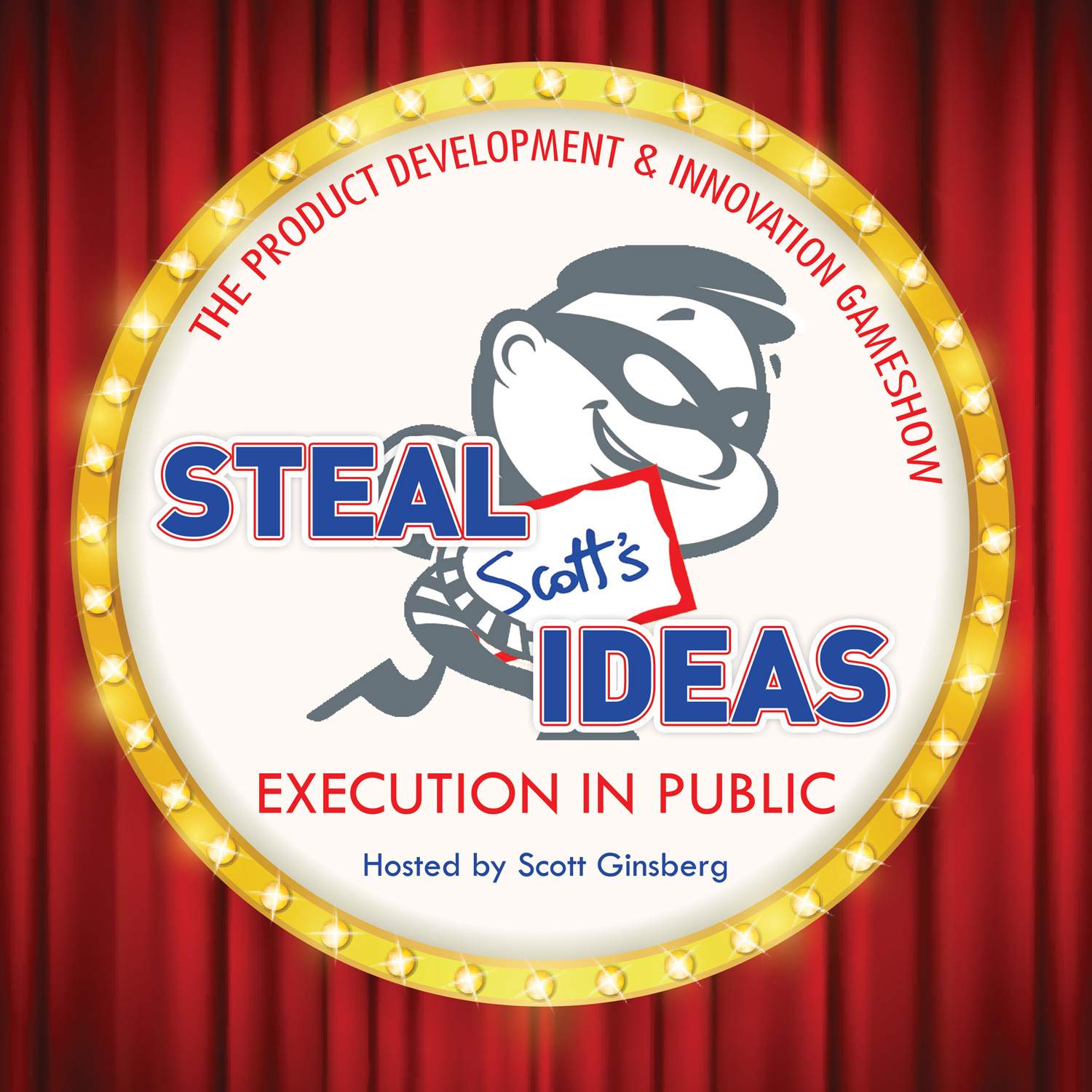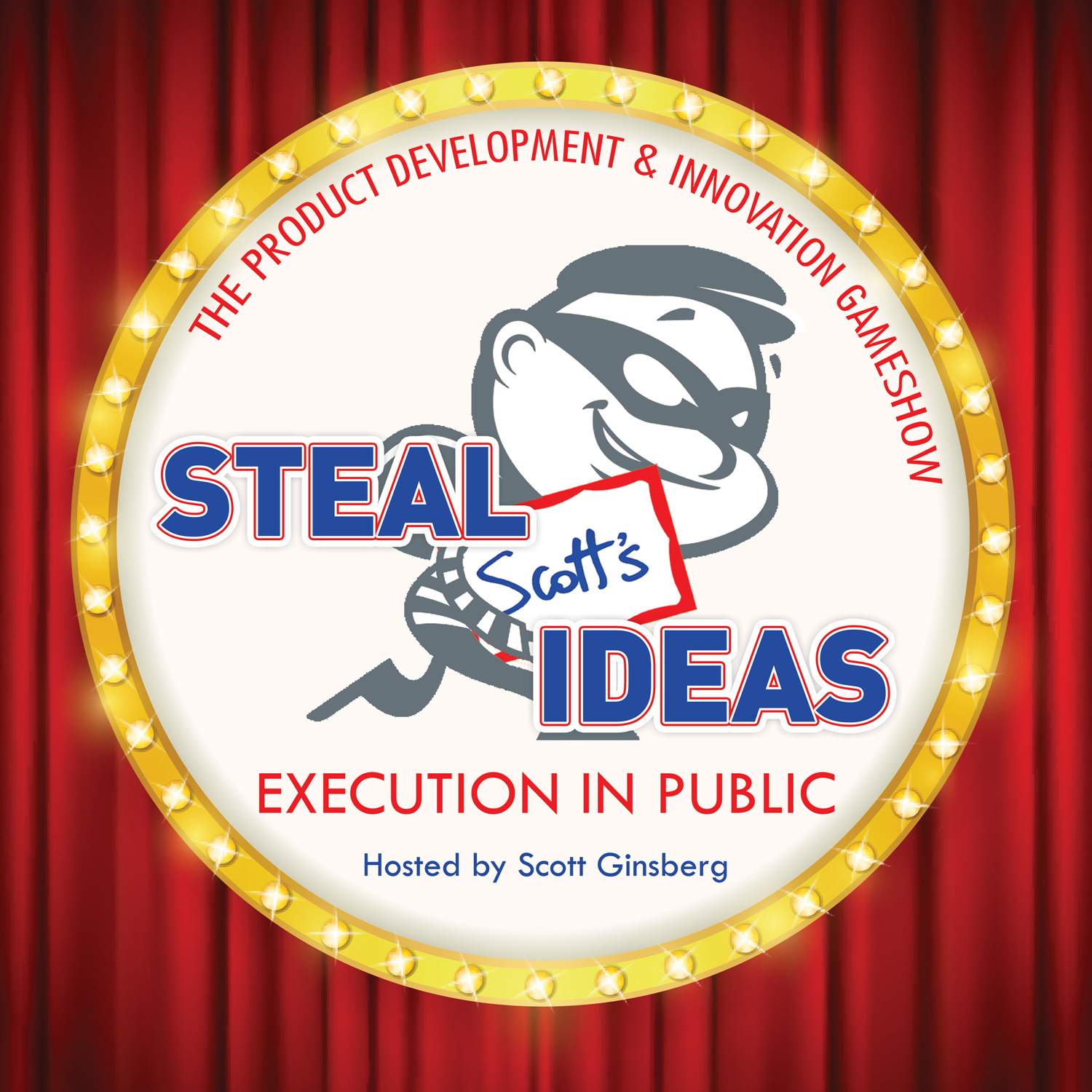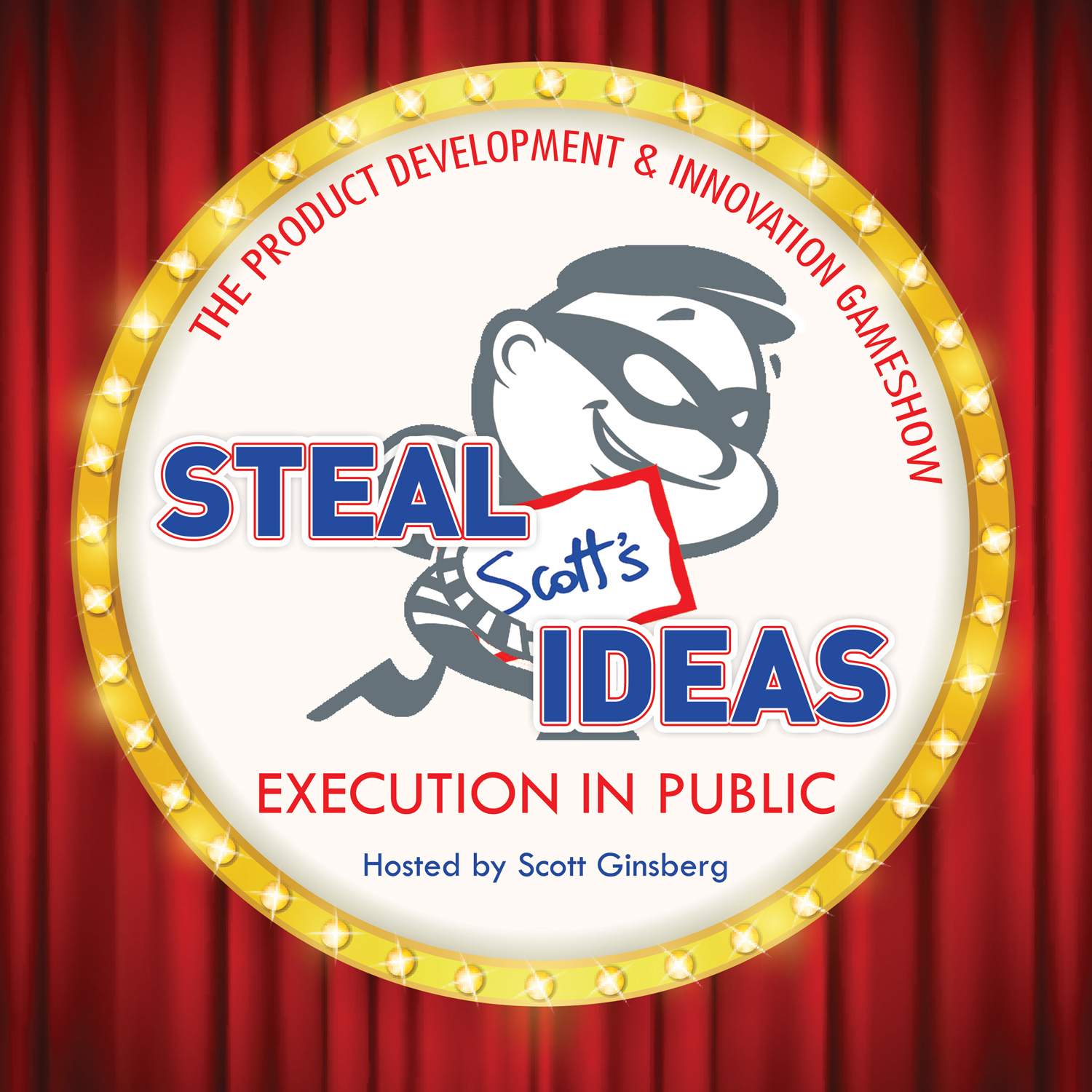
Humans aren’t the only animals that think, but they are the only animals that drive themselves crazy with their thinking.
It’s a problem of proportion.
In our modern world where information is coming at us from every possible angle, faster than our constitutions can possibly handle, we treat every piece of information as a crisis.
And when we fail to realize the violent consequences that repeated thinking can have on our psyches, we’re end up thinking ourselves into a negative mood, a bout of depression, or worse yet, a full blown panic attack.
That’s why we need filters. Tools that allow us to close the open loops of life quickly and easily. Whatever it takes to keep us from putting so much goddamn thought into everything.
One filter that’s especially helpful for hyper creative, intellectual, racing brain types like myself, is to reduce decision making to a simply binary question. Here are a few examples from my collection.
Does this make me money or make me happy?
Is my life better with or without this?
Is what I’m doing right now consistent with my number one goal?
Will this course of action simplify or complicate my daily existence?
I’ve used questions like these for so many years, that they’ve become second nature. Muscle memory. Internalized processes.
That’s why my stress level is a fraction of what it used to be. Because I’ve freed myself from the obligation to entertain every single thought.
I’ve established healthy mental boundaries that inform the world there are no emergencies.
LET ME ASK YA THIS…
Are you vigilant in what you give importance to in your thinking?
* * * *
Scott Ginsberg
That Guy with the Nametag
Author. Speaker. Strategist. Inventor. Filmmaker. Publisher. Songwriter.
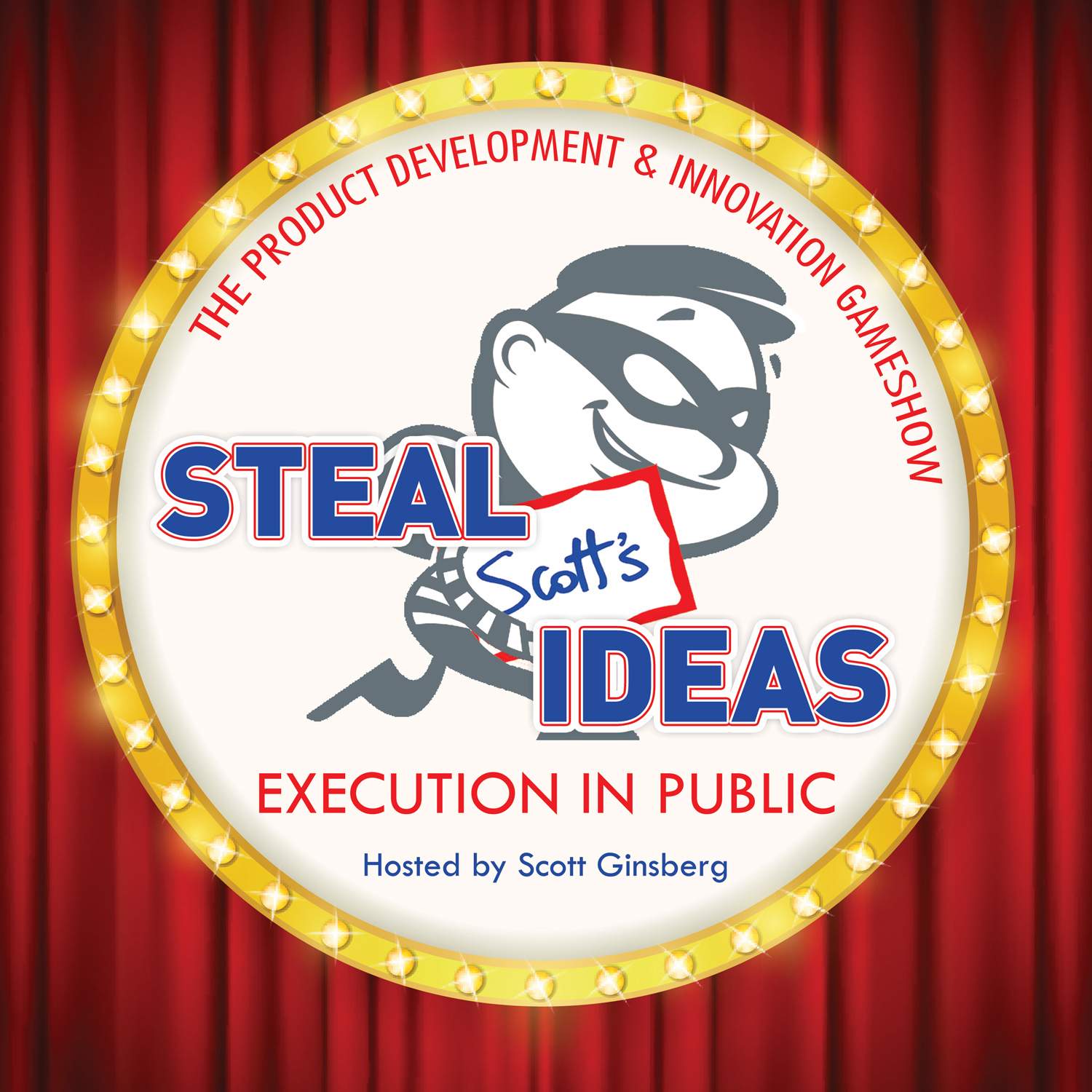
It’s the world’s first, best and only product development and innovation gameshow!
Tune in and subscribe for a little execution in public.
Join our community of innovators, artists and entrepreneurs.


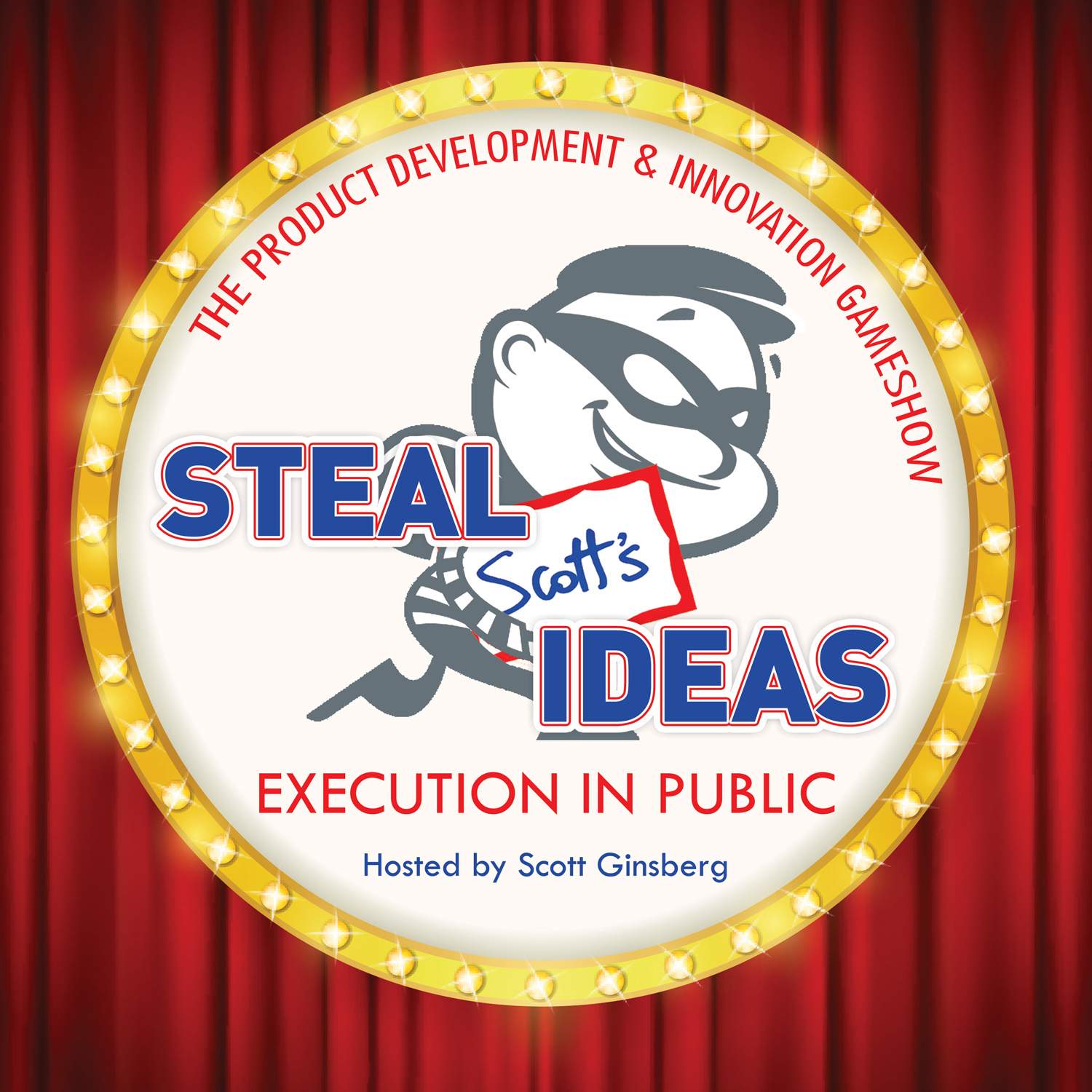
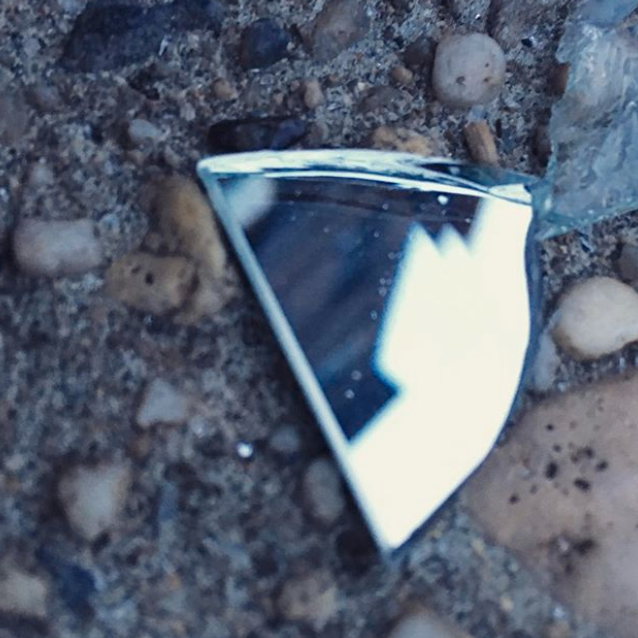
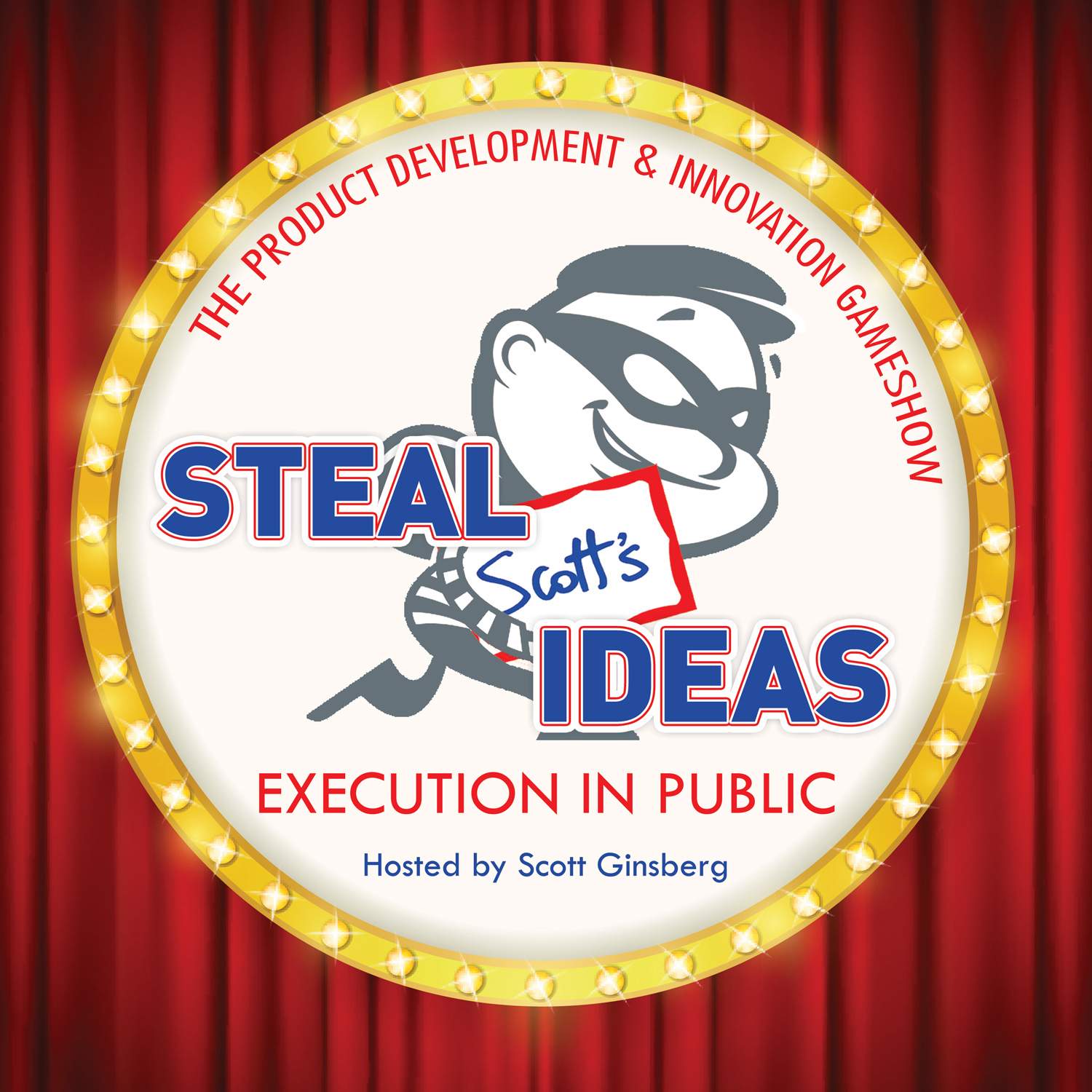
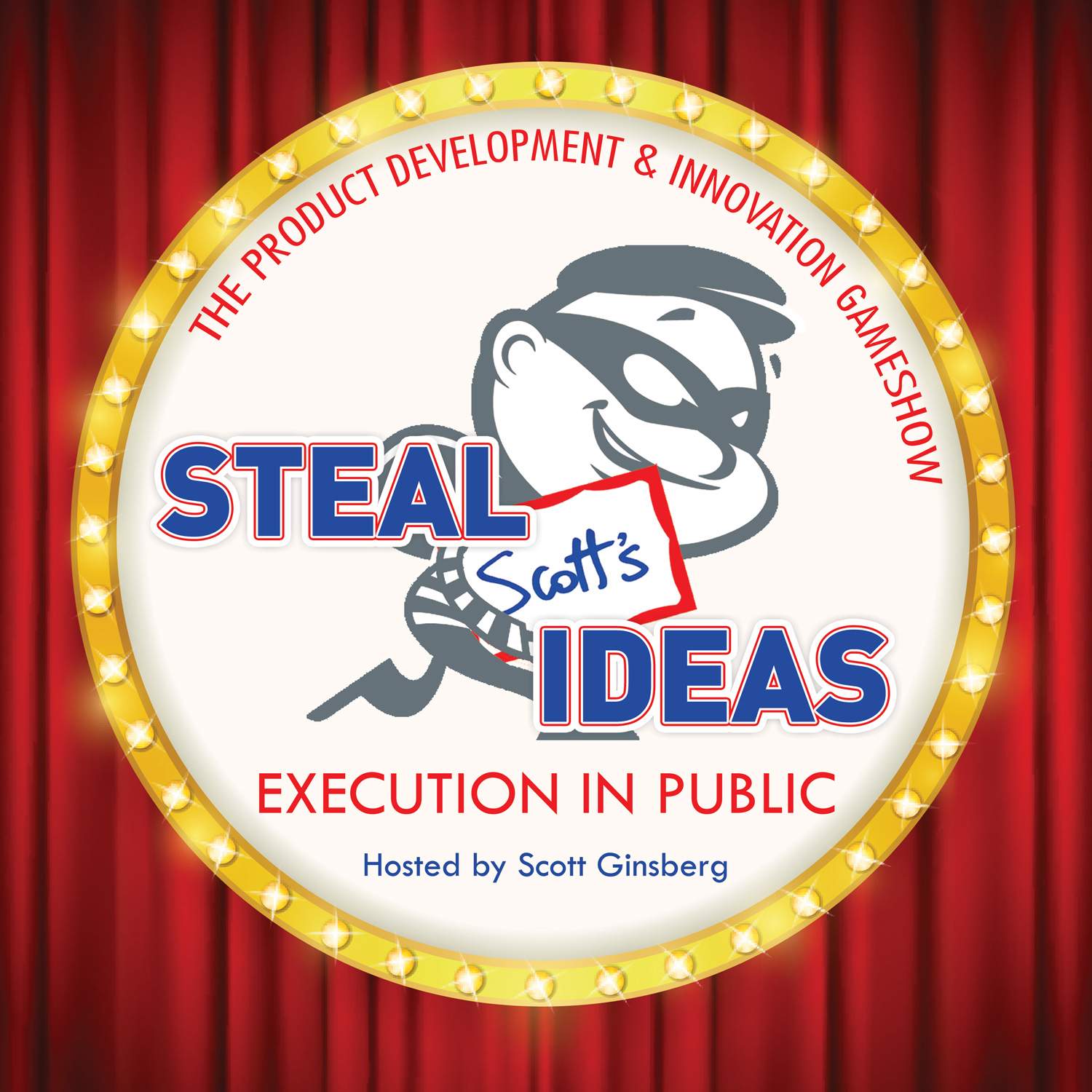

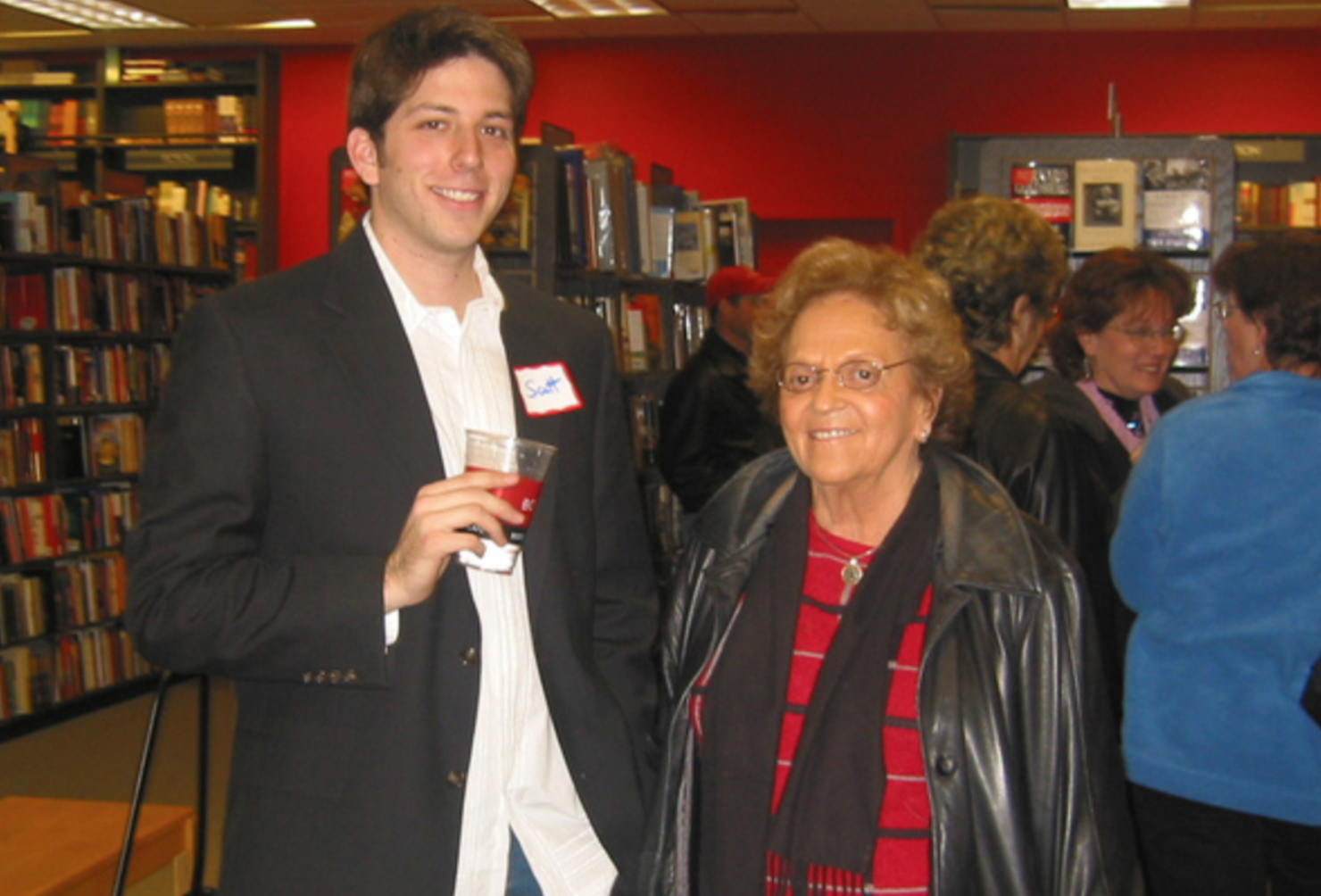
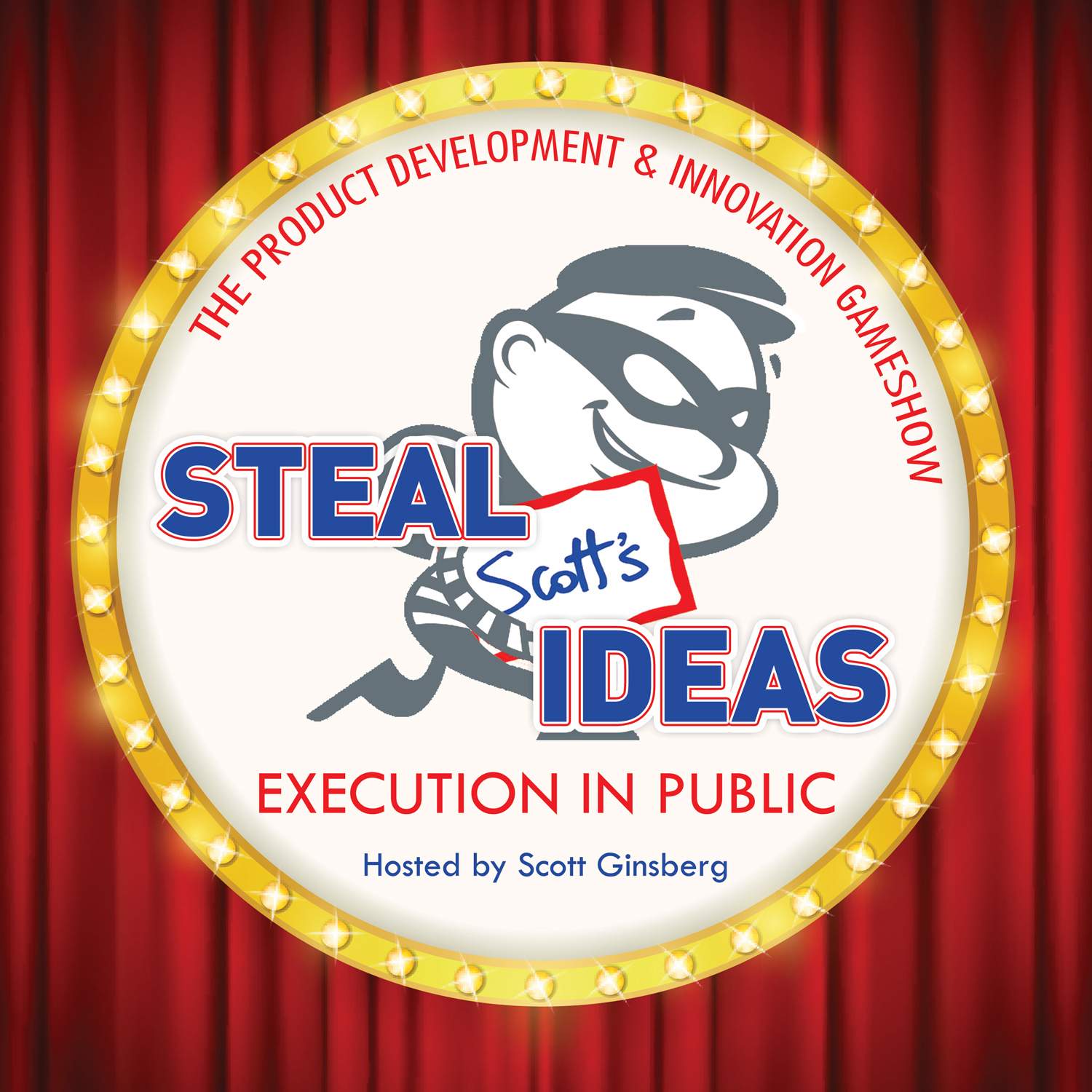

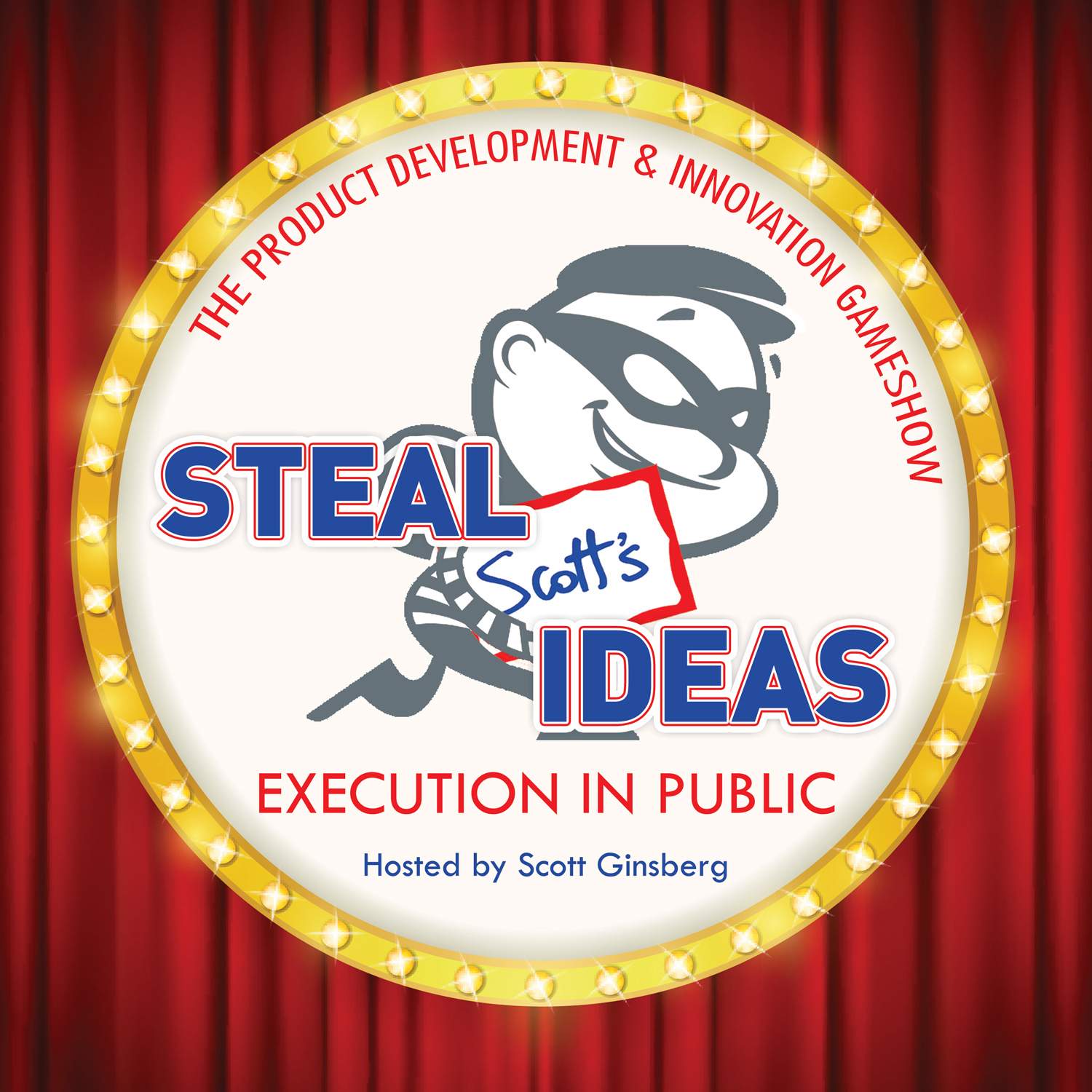
 For many centuries, much of human behavior has been driven by the fear of becoming an outcast from the herd.
For many centuries, much of human behavior has been driven by the fear of becoming an outcast from the herd. 